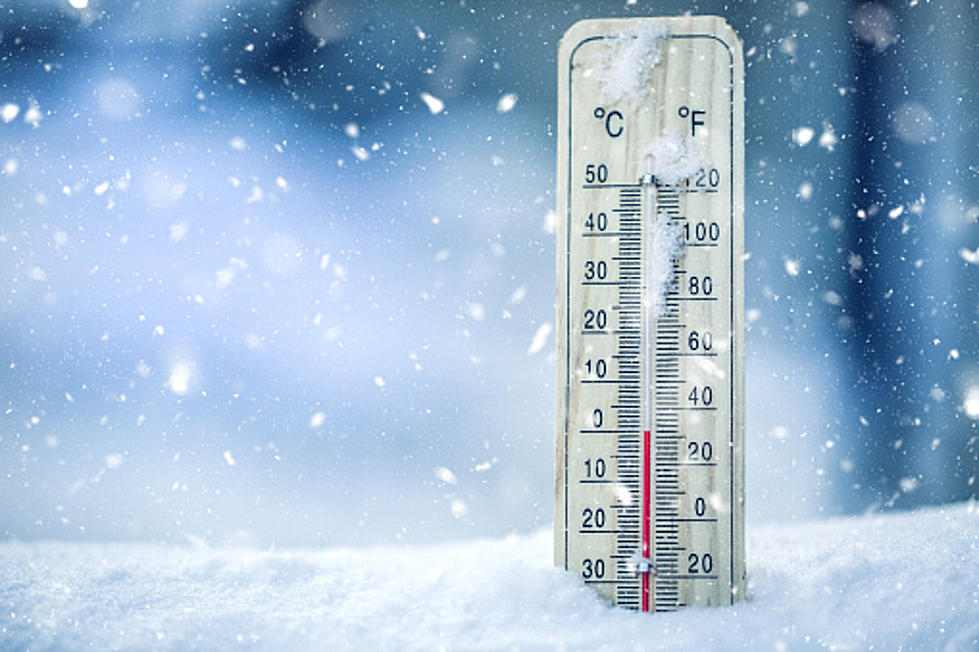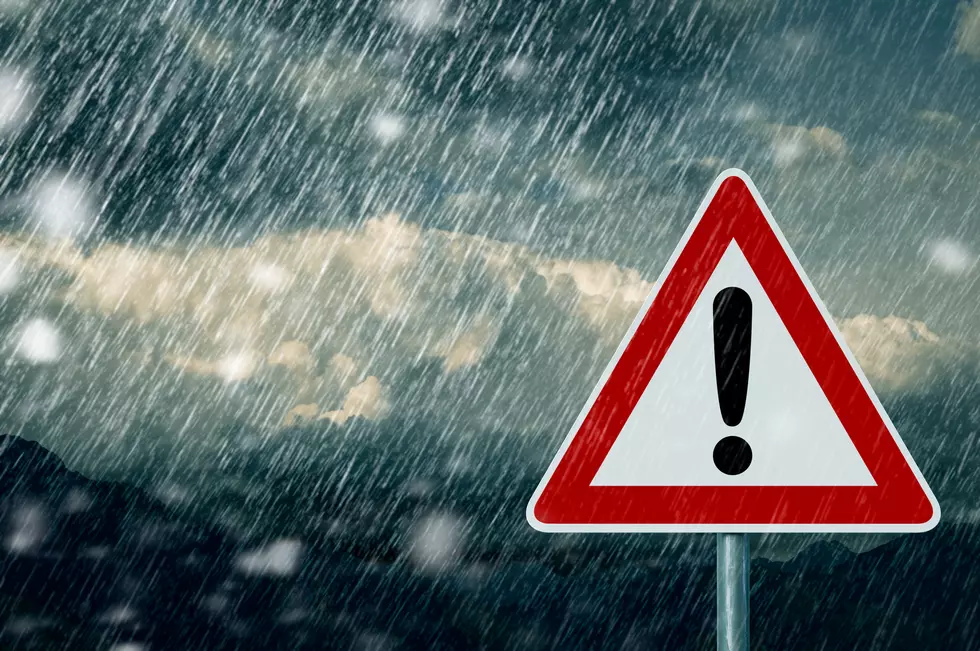
Is It Illegal To Collect Rainwater In Missouri and Illinois?
Here's a question, is collecting rainwater against the law?
I never really thought about it, but surprisingly, in some states, you can't do that. Why would this be illegal, and what do the states of Missouri and Illinois have to say about the practice?

I was surprised to find out that some states regulate or restrict the collection of rainwater. I mean, did you ever think it might be considered illegal to get a barrel and collect rainwater? I didn't. Yet, there's a good reason for the states that restrict or outright ban the collection of rainwater.
Why ban rainwater collection?
Wisevoter explains that "The reasons for the restrictions may vary by state, but some common reasons include concerns about the impact on downstream water users, concerns about the safety of the collected water, and concerns about the impact on the local ecosystem." The bottom line seems to be protecting wildlife and ecosystems that need water, or making sure there is enough water for everyone.
Additionally, a lot of states and municipalities don't ban the practice outright, however, they may regulate the practice. Some states, regardless of whether or not they restrict the practice may also offer some incentives for those who choose to collect rainwater.
Can I collect rainwater in Missouri?
According to the US Department of Energy, there are no state regulations in Missouri that prohibit the harvesting of rainwater. There's even a manual for rainwater harvesting in Southwest Missouri that was produced by USDA-NRCS through a conservation grant that included input from the James River Basin Partnership, the National Water Service, The City of Springfield, Green County, and Watershed Center Clean Water for Life that provides a wealth of great information for all Missourians.
Before you embark on any rainwater collection project in Missouri, I'd check with the town or city you live in to make sure there are no municipal restrictions.
Can I collect rainwater in Illinois?
According to the Department of Energy, Illinois does have some regulations. One, Illinois lets local governments regulate rainwater harvesting by their plumbing law. And two, harvested rainwater may only be used for nonpotable uses, in other words, you can't drink it, not that that's something I'd be interested in doing.
Chicago statutes require a permit for anyone looking to construct, repair or adjust any subsurface structure designed to collect stormwater, however, the City of Chicago seems ok with residents using rain barrels and cisterns to collect rainwater off the roofs of their homes for lawn and vegetation watering.
Wisevoter says, "The state's water resources are limited, and there are concerns that collecting rainwater could reduce the amount of water available to other users, such as farmers and other water users who rely on surface water sources."
I'd say check with your local municipality to determine whether you legally harvest rainwater.
It's good water conservation, right?
Generally, yes. In many cases, if you can repurpose rainwater to keep your grass green or your flowers blooming between mother nature's rainy days, you're doing some good. That said, in certain areas of the country, or certain states, collecting rainwater could cause others downstream some water problems of their own. That's why some states have regulations in place.
LOOK: The most extreme temperatures in the history of every state
TIPS: Here's how you can prepare for power outages
More From AM 1050 KSIS










